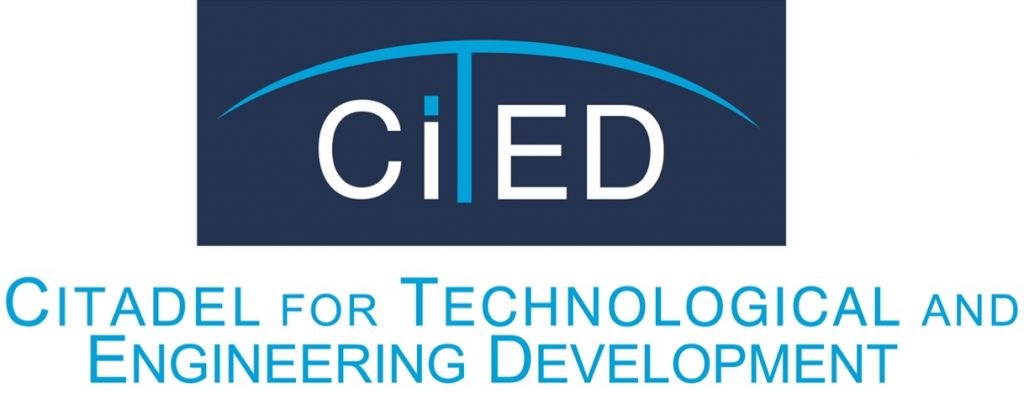This 3-day intensive training program equips participants with the knowledge and skills necessary for the safe and effective operation, maintenance, and troubleshooting of air and gas compressors. The program caters to technicians, operators, and other personnel involved in the management of these critical industrial components.

Introduction:
This 3-day intensive training program equips participants with the knowledge and skills necessary for the safe and effective operation, maintenance, and troubleshooting of air and gas compressors. The program caters to technicians, operators, and other personnel involved in the management of these critical industrial components.
Objectives:
- Identify different types of air and gas compressors and their applications.
- Gain proficiency in the safe operation and startup/shutdown procedures for various compressor models.
- Develop skills for performing preventative maintenance tasks and inspections.
- Learn effective troubleshooting techniques to diagnose and resolve common compressor issues.
Day 1 : Fundamentals and Operation
- Introduction to air and gas compressors: principles of compression, types of compressors (positive displacement, centrifugal, etc.), and their applications in various industries.
- Compressor components: functions and interactions of key components like cylinders, pistons, valves, intercoolers, and aftercoolers.
- Compressor control systems: pressure and temperature control mechanisms, safety interlocks, and monitoring instrumentation.
- Safe operating procedures: startup, shutdown, and emergency procedures for different types of compressors.
- Performance parameters: monitoring and interpreting key performance indicators like pressure, temperature, flow rate, and power consumption
Day 2: Maintenance and Inspection
- Preventative maintenance practices: scheduled maintenance tasks, lubrication procedures, filter replacements, and wear and tear monitoring.
- Troubleshooting tools and techniques: using multimeters, pressure gauges, and other tools to diagnose common problems.
- Common compressor faults: identifying and troubleshooting issues like vibration, excessive oil consumption, pressure loss, and leaks.
- Maintenance demonstration: instructors will demonstrate preventative maintenance procedures on actual compressor equipment.
Day 3: Advanced Topics and Conclusion
- Advanced troubleshooting: addressing complex compressor issues like surging, valve malfunction, and bearing failure.
- Safety regulations and industry standards: adhering to safety guidelines and best practices for compressor operations and maintenance.
- Case studies: analyzing real-world scenarios and applying troubleshooting skills to resolve complex compressor problems.
- Review and Q&A: participants will have the opportunity to revisit key concepts, address any remaining questions, and clarify any doubts.
- Course conclusion: participants will receive a certificate of completion and course materials for future reference.
Conclusion:
This comprehensive training program equips participants with the necessary knowledge and skills to confidently operate, maintain, and troubleshoot air and gas compressors. By understanding the principles of compression, various compressor types, safe operating procedures, and effective maintenance practices, participants can contribute to the reliable and efficient operation of these essential industrial components.

